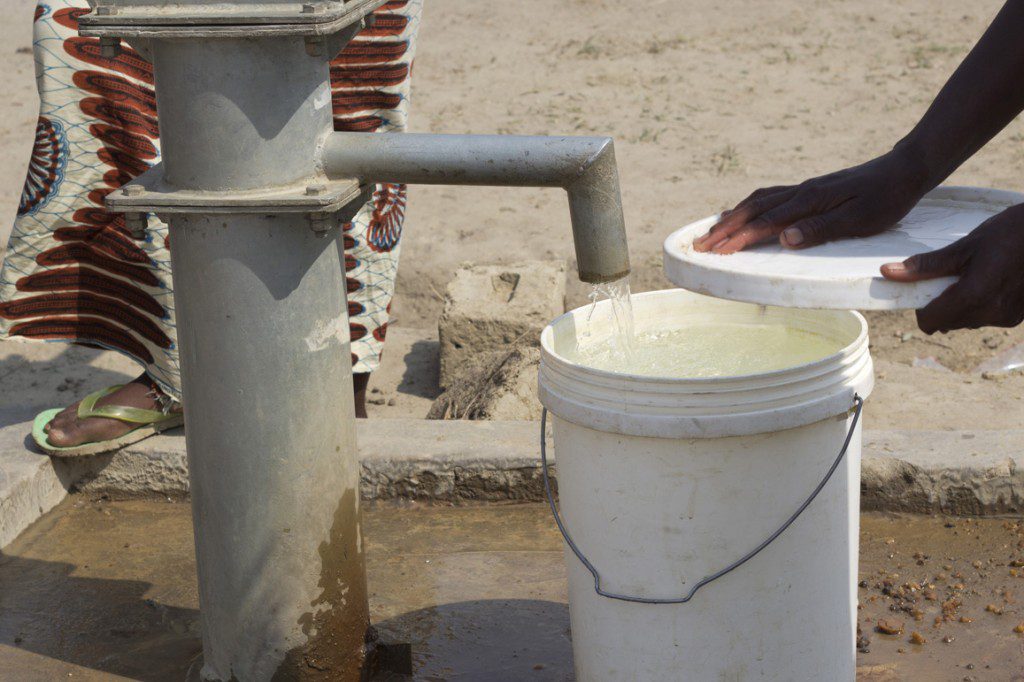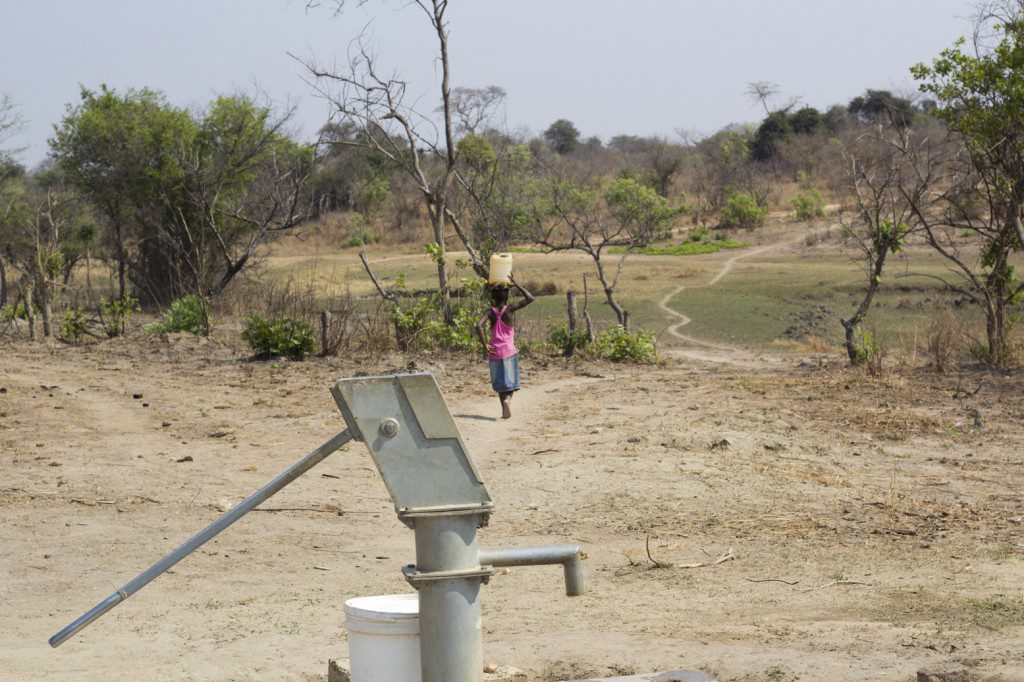
We are Choose Water
Started in 2011, Choose Water is a 501(c)(3) non-profit that exists to connect organizations, such as individuals, civic clubs, schools, or churches, with villages in Africa in need of clean water. We have seen first-hand how bad the water crisis really is in these villages, and how desperately the villagers need clean, safe water near their village.
We have also seen the transformation that can take place in their village when they get water. Kids stop dying at really alarming rates. Ladies stop wasting up to 6 hours a day fetching water. Kids stop dropping out of school at age 8 to carry water. Farming starts happening year-round thanks to irrigation. Lifespans are increased. Deaths and sicknesses are decreased. There is hope.
Now 100% of your gifts go directly towards clean water in villages. That means $0 go towards admin, vehicles, staff, or any other costs. It goes directly to drilling safe, clean water wells in villages.


You Can Make a Difference
Knowing how much difference such a relatively small investment can make has spurred us on to do something to change the world. We believe in the power of small groups to make a giant difference to entire communities on the other side of the world.
But we don’t just collect money to dig a well. We partner a specific village with a specific group of people in the US. We believe in the power of story to connect the two groups. The organization will get to know the villagers and the village that they will be helping. It’s not a faceless village somewhere in some country. It’s a specific village with real people and exact GPS coordinates, that they will meet through video and pictures. We know that people don’t want to give their money to a faceless group doing some water project somewhere in the world. Basically we exist to establish that connection and give people a chance to change the world in a way that they KNOW who they are helping and the difference it is making.
The Facts about Water in Africa
• 2.6 Billion people live with some form of water scarcity. That’s more than 1 in 3 people on the planet.
• Leaving the tap open when you brush your teeth can waste up to 10 liters of water.
• A baby born in Sub-Saharan Africa is five hundred times more likely to die from diarrhea-related disease than a baby in the developed world.
• Half the hospital beds in Sub-Saharan Africa are filled with people sick from unsafe water and inadequate sanitation.
• 1.5 million preventable deaths each year occur due to lack of proper sanitation and hygiene.
• The UN suggests that each person needs 20-50 liters of water a day to ensure their basic needs for drinking, cooking and cleaning.
• Every 20 Seconds a child’s death occurs from poor sanitation.
• Children in poor countries do not have enough water to wash often and suffer from skin diseases such as scabies, or eye infections such as trachoma, the world’s leading cause of preventable blindness. In extreme cases, children may not wash for up to half a year, especially those who are too young to walk the long distance to bathe at the nearest water source, but too old to be carried there.
• Women and female children spend more than 200 million hours each day collecting water from distant, often polluted sources. According to National Geographic Society at least 1 billion people must walk three hours or more to obtain drinking water.
• You can lose 2.5 gallons of water by not turning off the tap during teeth-brushing. That’s half of millions of people’s daily allowance.
• Women that have no access to improved water sources in developing countries spend an average of 3 hours collecting water each day.
• One toilet flush in America is almost as much as the daily use of an entire family in some places in Africa.
• The single most effective intervention is hand washing with soap and clean water, which could cut diarrhea deaths in half.
• Water is an essential resource for life and good health. A lack of water to meet daily needs is a reality today for one in three people around the world.
• Globally, diarrhea is the leading cause of illness and death, and 88 per cent of diarrheal deaths are due to a lack of access to sanitation facilities together with inadequate availability of water for hygiene and unsafe drinking water.
